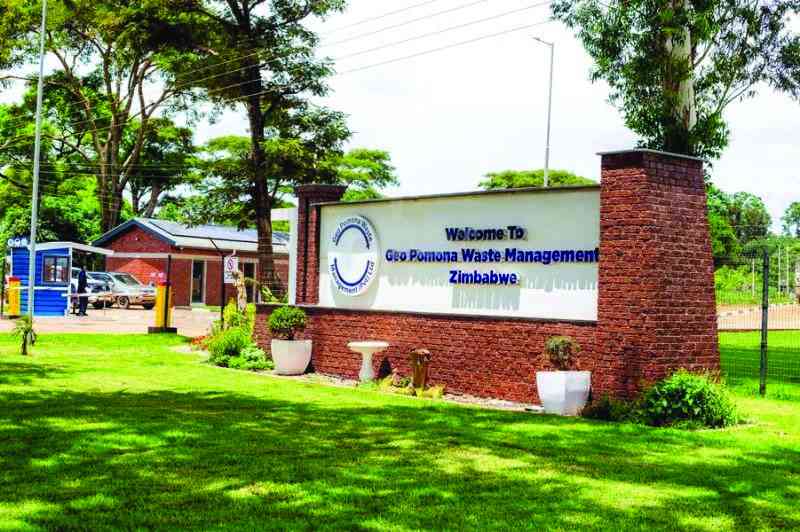
THE instability in the country’s macroeconomic environment is a serious cause for concern and solutions should be sought as a matter of urgency.
Macroeconomics is a branch of economics that studies how an overall economy behaves, taking into consideration the markets, businesses, consumers and governments.
Macroeconomic factors include inflation, fiscal policy, employment levels, national income, investments and international trade.
Businesses argue that the exchange rate is the most important determinant of economic stability, and an unstable exchange rate is a deterrent to economic growth.
There are many determinants of the exchange rates, chief among them inflation, interest rates, political instability, government debt, economic recession, confidence and speculation, terms of trade, current account deficit, to mention just a few.
The volatility of the economy in our country is a cause for great concern.
Our country has been hit by hyperinflation which is now over 1 000%.
That is a bad macroeconomic factor in a country that has many of the workers being paid in the local currency.
- Will the IMF US$961m windfall rescue Zim?
- Will the IMF US$961m windfall rescue Zim?
- DPC pays out $139 million
- Zimdollar shortage hits market
Keep Reading
The prices are now beyond the reach of many and it is not a secret that the family basket needs about $1,5 million a month.
With the official exchange rate now hovering around US$1:$6 000, it means many people are getting salaries of less than US$50 a month, a figure which is not enough to buy foodstuffs only.
A nurse who is renting two rooms in the high-density suburbs needs at least US$160 for rentals, US$50 for transport to and from work, US$100 for foodstuffs and toiletries before talking about clothes and school fees for children.
That alone is an insurmountable task for many of our civil servants who struggle to survive on a daily basis.
The economic environment is toxic and the consequences are very clear, especially when one looks at the performance of the workers who now lack motivation.
Brain drain has sky-rocketed in the past two years with the health sector losing more than 4 000 of its qualified personnel in the last 18 months through brain drain.
If worker migration goes on unabated, then delicate sectors like health will bear the brunt of the brain drain in a significant way.
Dollarisation is key at this juncture when inflation seems unstoppable.
Advantages of this measure include the ability to trade in a currency that is stronger and internationally recognised.
Interest rates are usually lower in a dollarised economy and investor confidence can improve if there is currency stability.
There is a fair share of drawbacks in dollarisation and these include loss of monetary autonomy, seigniorage and a vital national symbol as well as greater vulnerability to foreign influence.
Many questions are posed on whether dollarisation is now inevitable or not.
The truth of the matter is that with the galloping inflation which is driven by a constantly increasing exchange rate, dollarisation remains the only feasible option.
The country may not be very liquid to cater for all the operations, but it is imperative to put aside our easily-manipulated Zimbabwe dollar.
It is not a secret that with the impending elections, misery will intensify as political uncertainty takes centre stage.
That automatically drives the exchange rate to unbearable levels, making lives more difficult for the majority in the country.
The health sector is not spared by the ever-rising inflation.
It is futile to accept medical aid cards from societies that pay in the local currency if payments are made later as is the norm with many medical aid societies which can go for 90 days before honouring the service providers’ claims.
People who are earning in local currency are forced to look for money on the black market in order to buy medication, get admitted to hospitals, undergo surgical operations.
The cycle of indigence continues, and the unfortunate phenomenon is one of the biggest drivers of corruption in the country.
We all pray for peaceful elections. Our country has great potential to achieve an upper-middle-class economy by 2030 if we all unite for the benefit of the nation.
With more than 60 minerals in the country, coupled with a formidable agricultural sector, educated citizens, our country can become one of the fastest growing economies in the world.
- Johannes Marisa is president of the Medical and Dental Private Practitioners Association of Zimbabwe. He writes here in his personal capacity.







